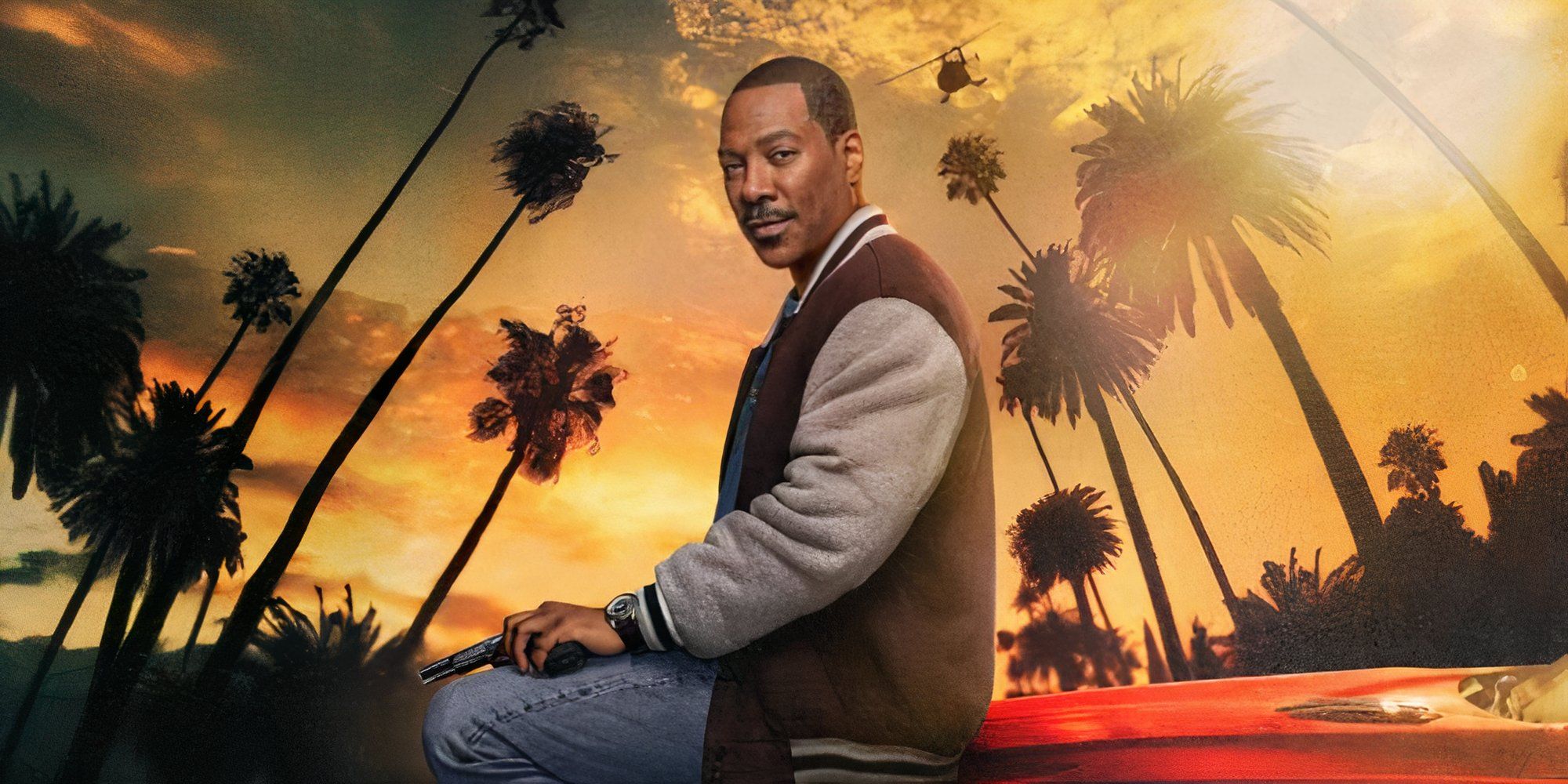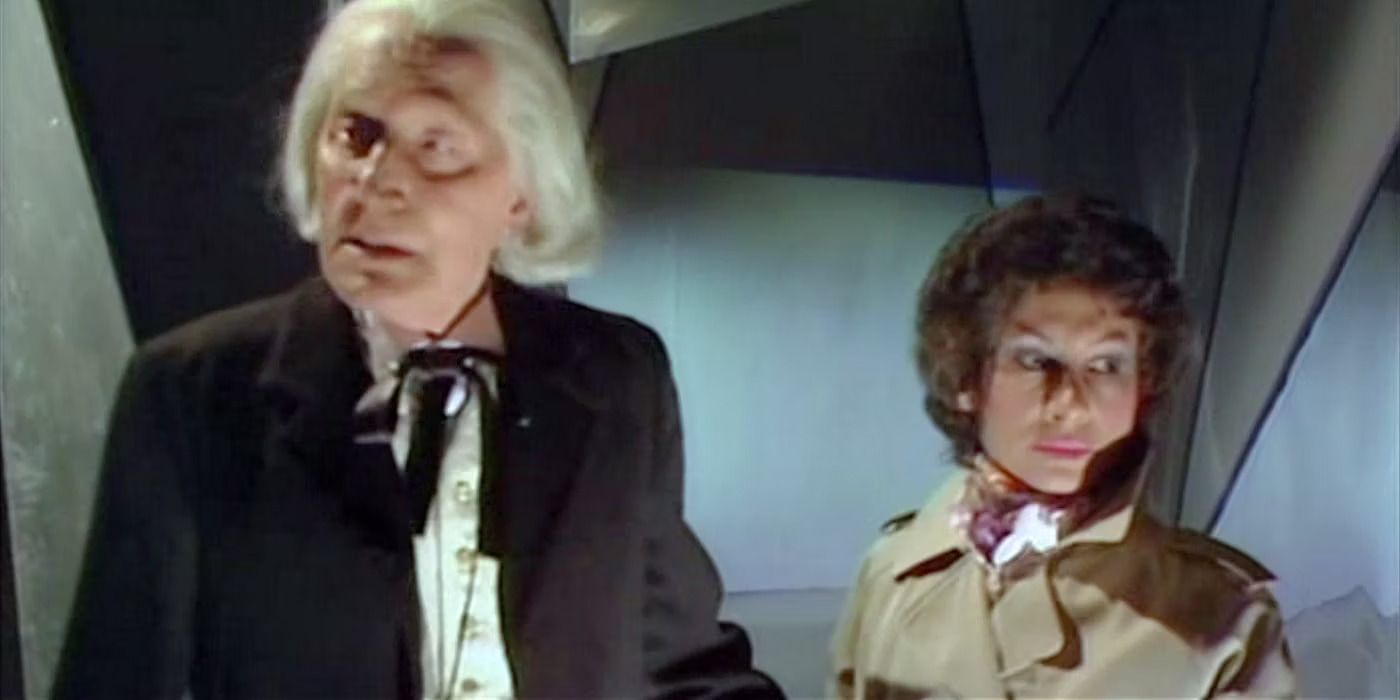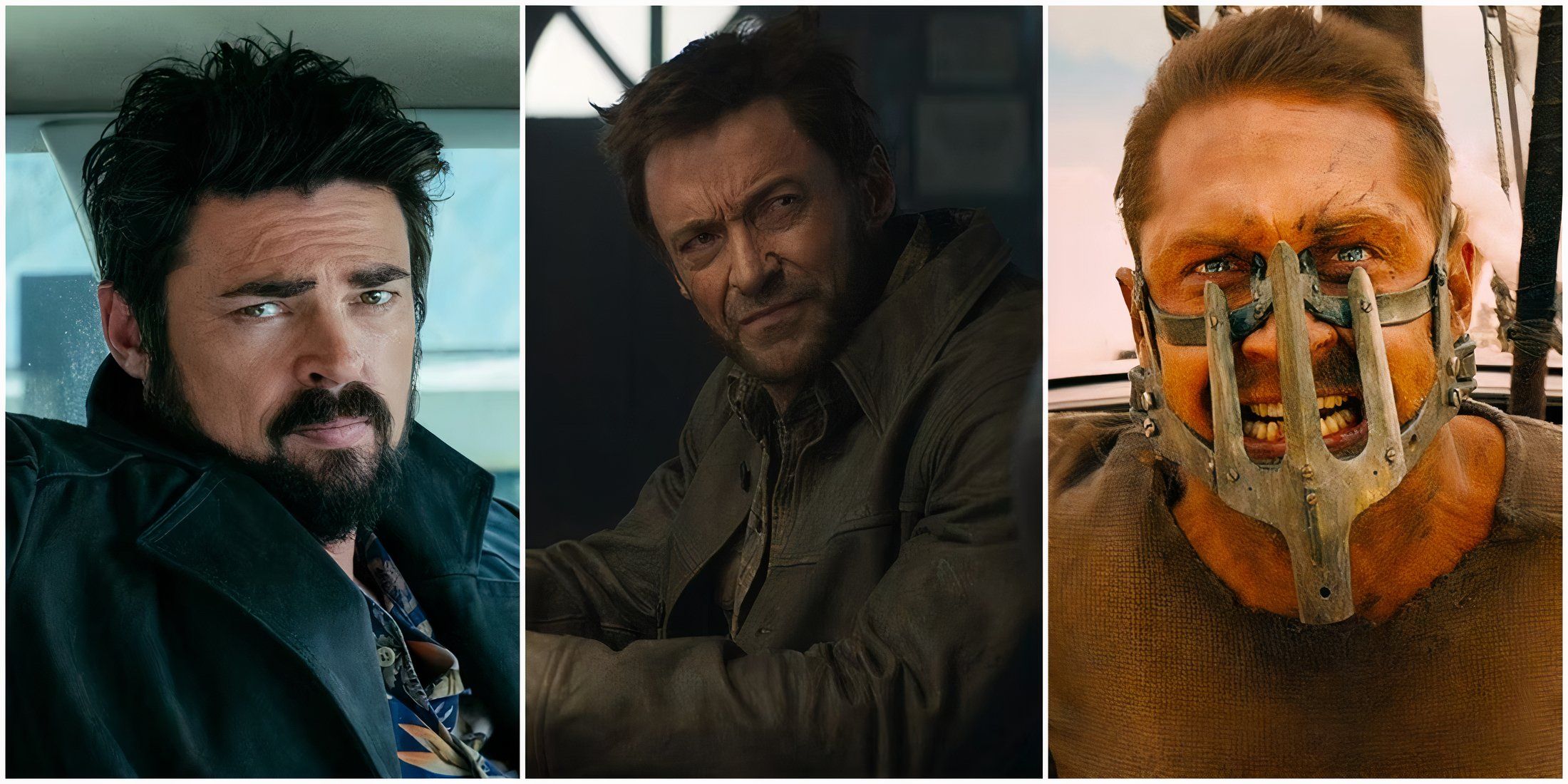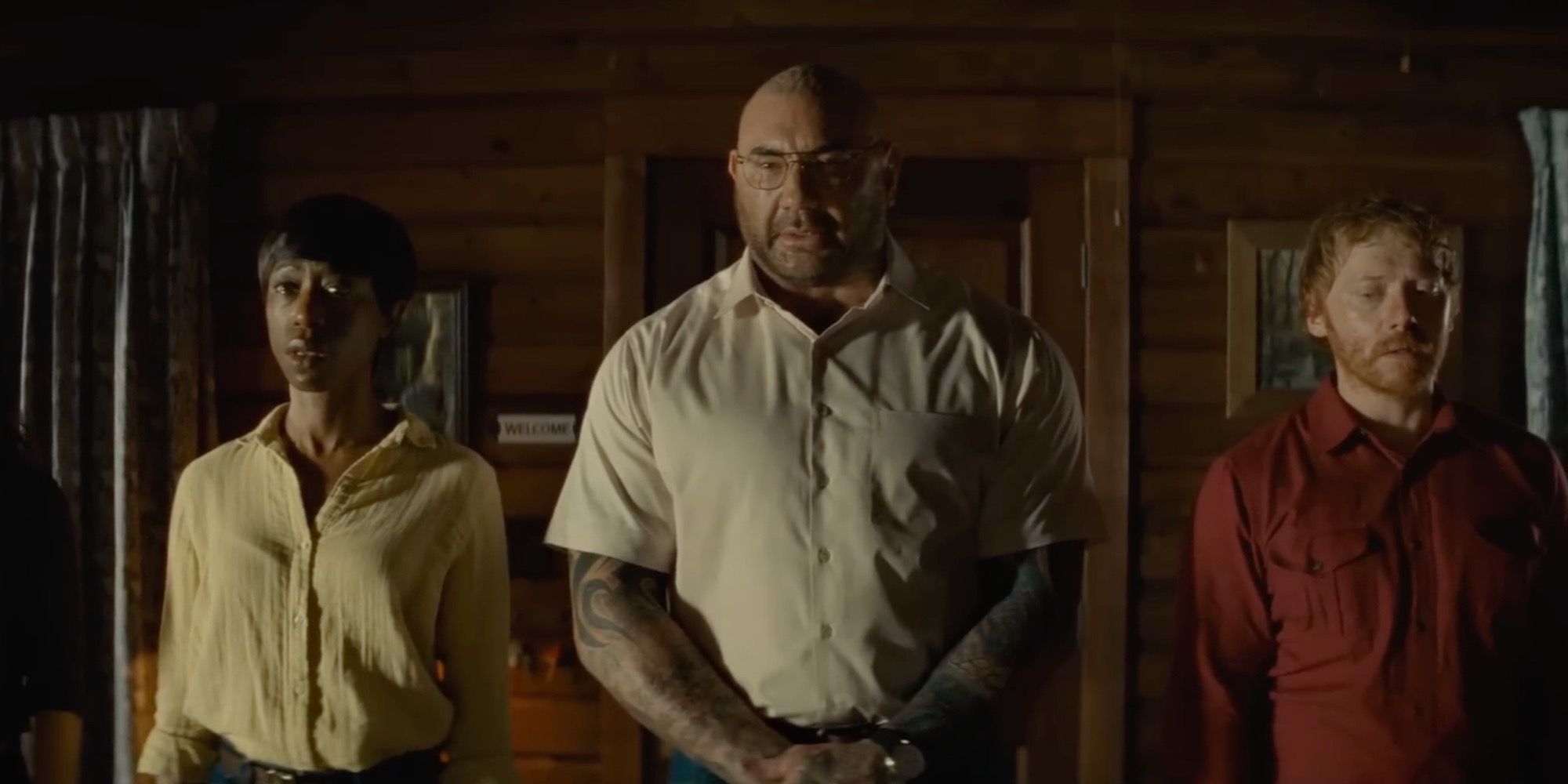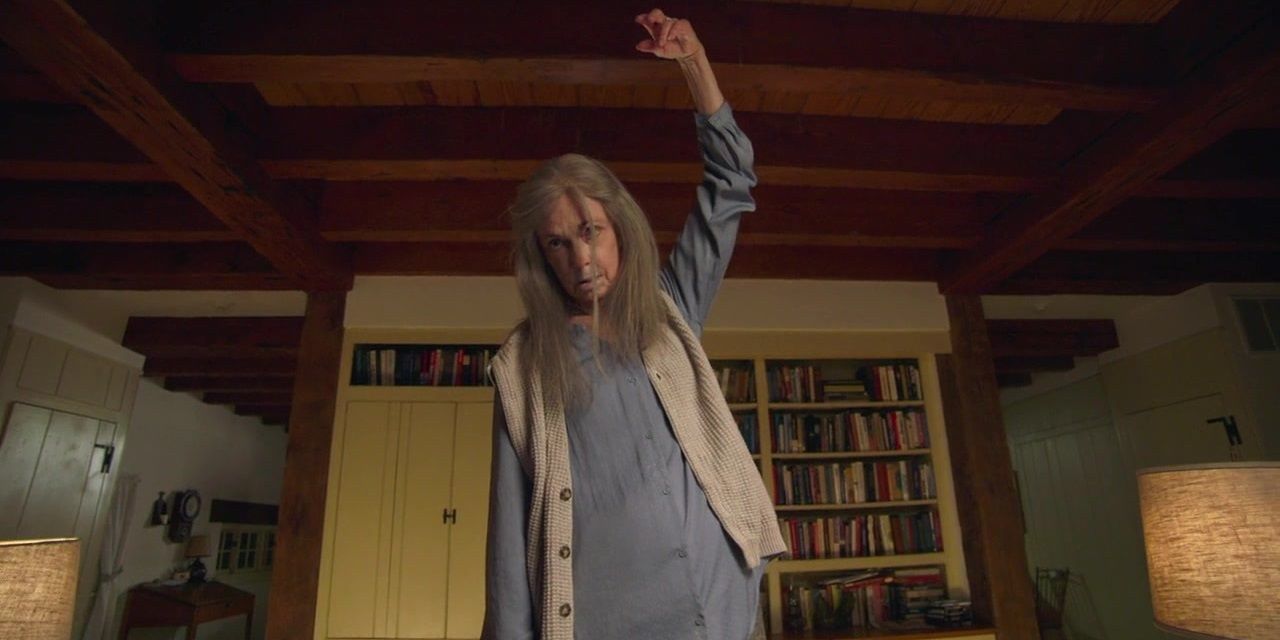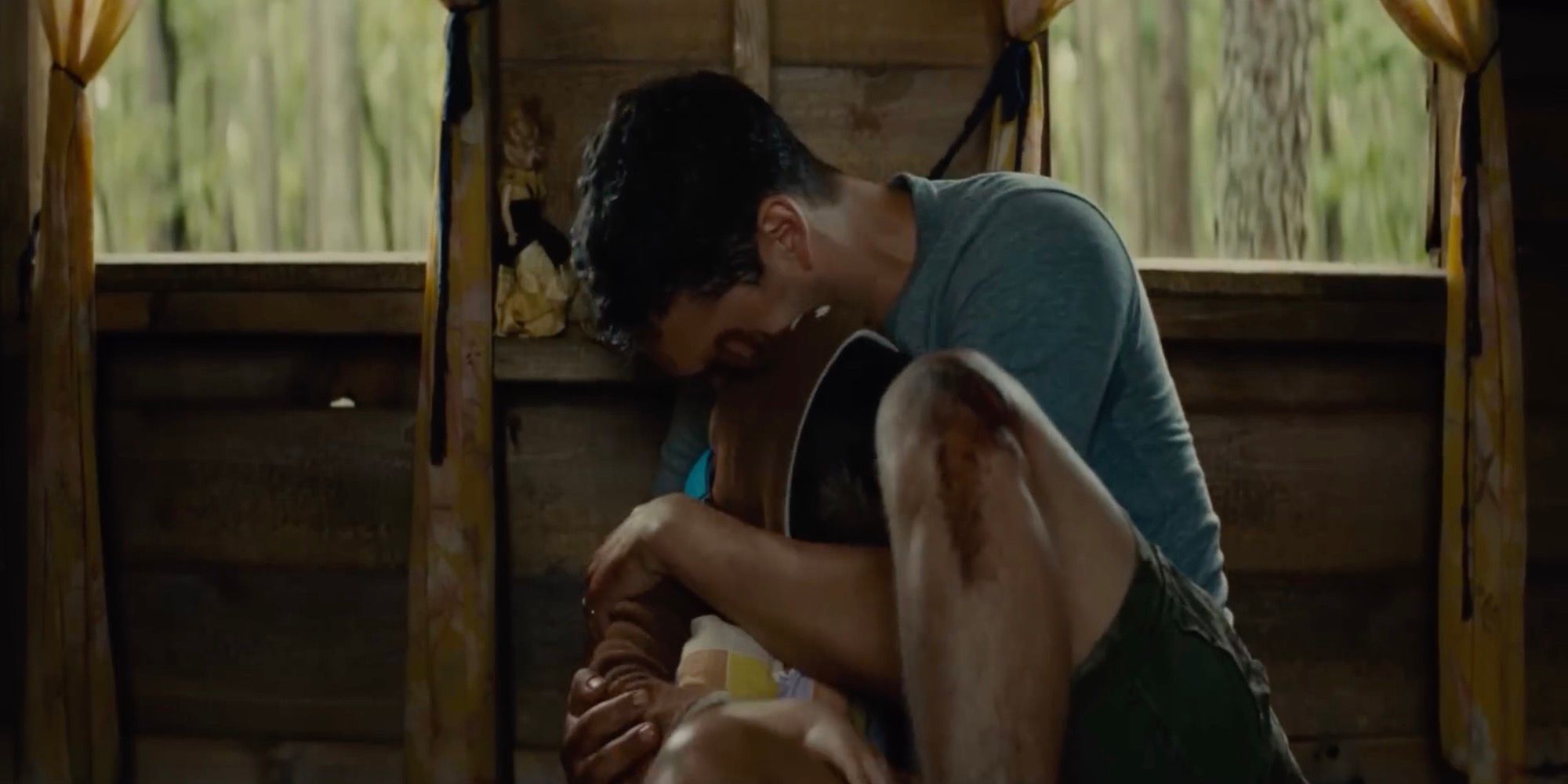We all know the Greek tragedy of M. Night Shyamalan. A couple of great writing gigs in the 90s, followed by the twin classics The Sixth Sense and Unbreakable, followed by decades of disaster. In the modern phase of his career, even making fun of his messier titles has lost its impact. However, getting excited about a possible return to the good old days is only just starting to get old.
Knock at the Cabin is probably M. Night Shyamalan's best film in years. It's a bit of a mess, but it's got some excellent elements between its troublesome storytelling. Shyamalan's career has continued, and though his work isn't as good or as bad as it used to be, it's still eternally interesting.
In the gaming world, there's an ongoing meme called The Sonic Cycle. It's a graph that maps the fan reaction to a new Sonic the Hedgehog game immediately after release. The early footage of the game raises a massive roar of anticipation from the fanbase, who begin proudly proclaiming the return of the Blue Blur's golden era. Then the game comes out, and the cracks start to show. Reviews are less fawning than the fanbase expected and tons of people are dunking on the game. Fans start to distance themselves from the title, gradually sweeping it under the rug. The game is forgotten, just in time to start getting hyped about the next one. M. Night Shyamalan's career doesn't have the slavishly devoted following of Sonic, but it does seem to be following a similar Shyamalan Cycle.
The first film to earn the "return to form" label was The Visit, which came out in 2015. Shyamalan had hit his lowest point twice, with The Last Airbender and After Earth, leaving his reputation in shambles. The Visit was very profitable, earning almost $100 million on a tiny $5 million budget. It wasn't overwhelmingly well-received, but with a 68% positive score on Rotten Tomatoes, it was Citizen Kane when compared to Lady in the Water. The term "return to form" was thrown around with wild abandon, but many were unconvinced. Does The Visit really recapture what Shyamalan found with The Sixth Sense or Unbreakable? Or is it just slightly less embarrassing than what came before it?
His follow-up, 2016's Split was even more beloved than The Visit. Its box office take was even more exorbitant, and its Rotten Tomatoes score climbed to a whopping 78%. The film was primarily celebrated as an exploration of James McAvoy's range, but Shyamalan earned a fair amount of praise for Split. He dashed most of that goodwill to death with the 2019 sequel Glass. Shyamalan doesn't generally make sequels, and he should probably stick to that rule. The "return to form" label was unshockingly absent from Glass, which everyone was happy to make fun of again. Yet, it's arguably just as true to Shyamalan's career as Split was. The label is quickly becoming an easy shorthand for "director known for making two good movies followed by many bad movies finally makes a decent one again." It's more expedient than stating all of that, but also much less accurate.
Shyamalan has never had a "return to form" in the way that critics often use the term. His early films are truly excellent and everything he's made since is either laughably terrible or frustratingly misguided. Knock at the Cabin is a great example. It's a solid thriller, at least for the first two acts. It's an adaption of an excellent horror novel called The Cabin at the End of the World by Paul Tremblay. The story was optioned to a screenplay before it was even released, and that screenplay by Steve Desmond and Michael Sherman was one of the most popular and sought-after in Hollywood. Shyamalan got involved a year or two later, as the second director brought in for the project. He then rewrote that beloved script, drastically overhauling large chunks of the narrative. It's hard to argue that a project, no matter how good it turned out, could be a return to form for a talent who seems to have made it tangibly worse when he signed on.
There's no sense in trying to explain what happened to M. Night Shyamalan. However, looking at his body of work, it's fair to say that he won't return to whatever form he occupied in the early days. Unfortunately, it also doesn't seem like he'll be returning to the 2000s or 2010s. This new era of Shyamalan's career isn't as enjoyable genuinely or ironically. Instead, he steps up to create adaptations of existing works that often make the story worse. He won't return to anything, he'll just keep making new entries in a bizarre graph. Fans can continue getting excited, discovering the cracks, distancing themselves, forgetting the last entry, and getting excited all over again for as long as they want. The Shyamalan Cycle is the ultimate irony of the director's career. The director known for twists watches his career become ceaselessly predictable.

